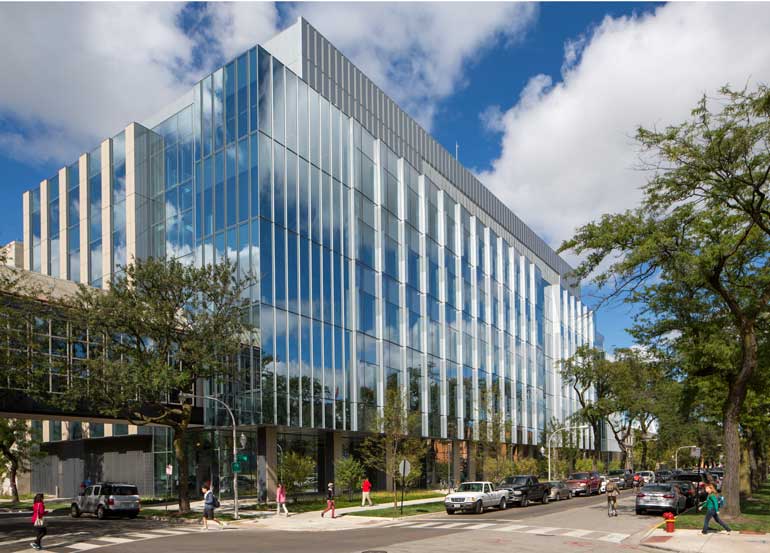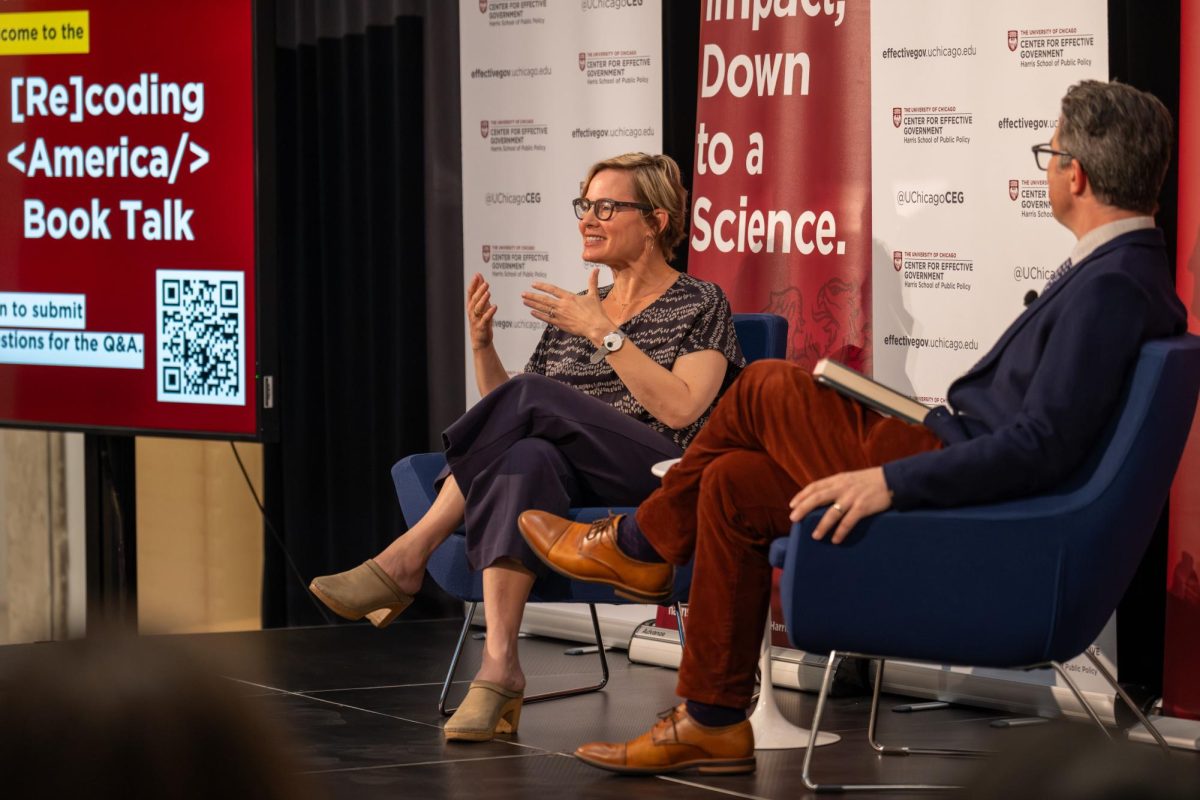The Council of University Senate approved a new major in computational and applied mathematics (CAM) last Tuesday. The new interdisciplinary major combines courses from the mathematics, statistics, and computer science departments. Mathematics professor Greg Lawler will serve as the director of undergraduate studies for CAM.
Out of the 18 courses required for the new CAM major, a total of 15 must be in mathematics, statistics, and computer science. The remaining three are elective courses focusing in an area of choice like scientific computing, mathematical optimization, or economics. The College is also planning to develop elective courses related to biology.
Only one new required course was created specifically for the new major—STAT 28000, Optimization—because professors thought that it was an important part of computational mathematics that was not covered anywhere else in the curriculum. Another new course that Lawler will teach — MATH 23500, Markov Chains, Martingales, and Brownian Motion—was also created this year to serve both students majoring in math and majoring in CAM. Other courses required for the major are made up of courses already offered by the mathematics, statistics, and computer science department.
Lawler said that the focus on more quantitative skills in fields that were not previously quantitatively based resulted in the creation of the new major. “My reason for thinking that there should be [another major] is [that] I wasn’t sure [existing majors were] actually satisfying the students…A lot of science and social science has changed in the last 30 years, where it has become more quantitative, [including] biology, chemistry, and economics,” Lawler said. “If one is going to be a quantitative person in an area other than mathematics, the [skills] one tends to use these days is actually a mixture of mathematics, statistics, and computer science.”
According to Lawler, the major will prepare students for doing graduate work in applied or computational mathematics, mathematical sciences, and statistics. Students who are pursuing careers in these areas, which combine statistics and computer science, such as machine learning and theory of algorithms, would also benefit.
The first two years of study for CAM are similar to that of a math major and require the analysis sequence (MATH 20300–20500 or MATH 20700–20900), though Lawler recommends that students planning to major in CAM take computer science courses earlier on.
“It’s a pretty intensive major, which means the students who have already done two years may have a hard time getting enough courses to do it—depending on what they’ve already taken,” said Lawler.
Second-year Austin Byers, a mathematics and computer science major, said that though he finds the major interesting, he will not have the time needed to complete the requirements.
The CAM major does not require the algebra sequence (MATH 25400–25600 or MATH 25700–25900) that is required for the math major. Due to the large number of required courses for CAM, it is difficult to major in CAM and take the algebra sequence needed to be a math major.
“‘If you want to do algebra basically, you can’t do the CAM program,’ is essentially what [Lawler] said, which means you can’t be a math major…which is not necessarily appealing to everyone—including myself because I’ve gone so far in the math major already,” Byers said.
Lawler is unsure how many students will major in CAM, but since the major was first announced a week and a half ago, he said that over 30 students have expressed interest.









